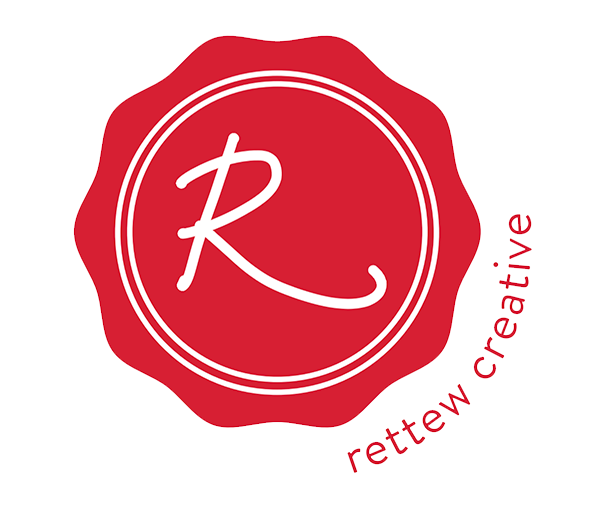Collaborative Editing – A Lesson in Listening
Collaborative writing…well that can be tough, but collaborative video editing? This can be difficult, exhausting, time consuming, etc….but maybe not? Collaborative storytelling is the way I like to look at it. Five months ago, I was asked to work with the Call Me MISTER program to help create a 10 year anniversary video project for their big summit. The goal was to interview many of the “MISTER’s” and supporters of the program, allowing them to talk about the program through their eyes.
It was a team of us traveling all over North and South Carolina to interview each of the 20 individuals, our guide was just a few questions. What we found…a lot of stories to be told, each with a different viewpoint of the Call Me MISTER program.
The Call Me MISTER program is an initiative to place black males as elementary teachers in the class room. That is it…you can look beyond the initiative and derive more underlying themes, but there is a need especially here in South Carolina to change the face of our educational system. What a better way to do so than to place educated, black males as role models, as educators. Not football players, not rappers, not drug dealers…but teachers, leaders, educators. This initiative is based at Clemson University with many black colleges in South Carolina with this program in place.
We interviewed many of the “MISTERS,” the graduates of this program. We interview the presidents of each of the South Carolina institutions (Clemson, Benedict, Claflin, and Morris). We interviewed those who support the program including Wachovia, Doris Buffet (Sunshine Lady Foundation), Mott Foundation, DuPont, and the Self Foundation. We found so many stories, so much passion, so much that needed to be conveyed.
So when all the interviews were complete, this team worked together in a room and took close to five hours worth of video interviews, and collaboratively constructed four final video messages. We collaboratively decided beginning, middle, and end. We created criteria which helped us clarify what was to be cut and what was to be included; to support the mission and the audience’s needs.
Each one of us had our own predispositions, our own viewpoints, and we learned to identify what comment was purposeful and what did not add value to the mission. We all had a deciding factor in the construction of the storyline, all four of us. We listened to the stories and to each other; and we let the MISTER movement dictate the message.
What a great way to tell a story, a collaborative way to find the story within the story. We listened.

